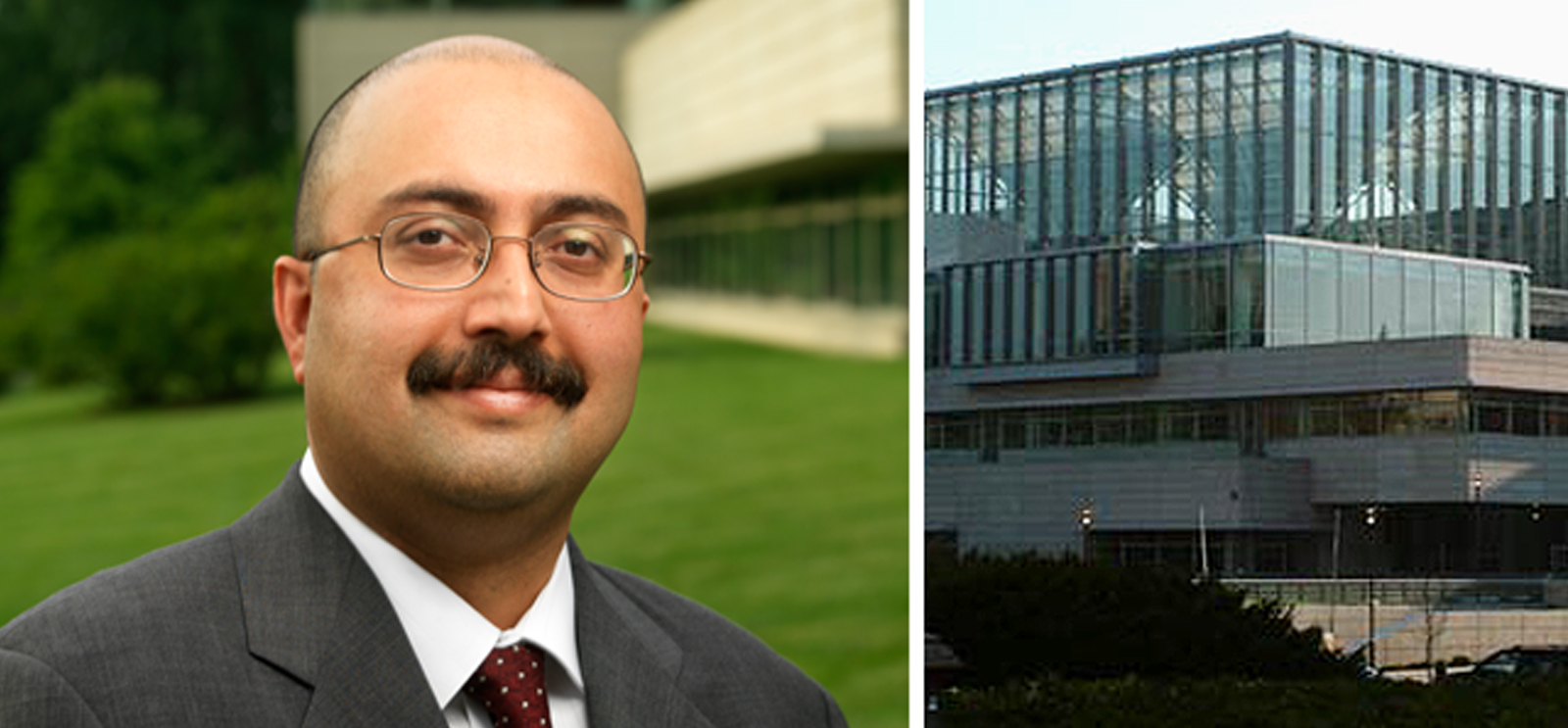
Puma: Chicago Booth is a big school on campus, with 3,500 total students. How do you see the business school’s relationship with the University’s other schools and divisions?
Kumar: It’s crucial that Chicago Booth have a symbiotic relationship with the rest of the University. It’s important not to have just joint programs but also collaboration at all levels. Members of our faculty collaborate with colleagues all over campus. The most obvious example is with the economics department, but members of our faculty participate in research programs and initiatives across departments. Examples are the Becker Friedman Institute for Research in Economics and the Energy Policy Institute at Chicago, which has faculty from the Harris School as well as Chicago Booth. We also have good ties with the Law School.
Another example is our Chicago Careers in Business program with the College, in which third- and fourth-years can take courses at the business school and earn a certificate. Like the College’s other preprofessional Chicago Careers In... programs, it forms a complement—not a substitute—for the fundamental liberal-arts education provided in the College. It is important to learn to think. It’s also important to practice thinking on certain immediately relevant topics.
Puma: Is Chicago Booth’s role different during a slow economy than in boom times?
Kumar: No. We prepare students for the rest of their career, not for the coming year or the coming four years. While it is harder during challenging economic times for our students to get their first job, employers understand the value of a Booth degree, and they understand the talent pool that we have. So in these challenging times it’s important to make sure our students take the jobs that fully realize their aspirations rather than necessarily the first offer they get.
Puma: How do Chicago Booth faculty members get their ideas out to the world?
Kumar: The 1967 Kalven Report basically says the University does not take a position on things, but its faculty members do. That’s not to be interpreted as a license to disengage from public debate but as a charge to provide the best possible platform for faculty members to disseminate their ideas. So we try to provide as many forums as possible. For example, we have a branded column with Bloomberg Businessweek called Business Class. Faculty op-eds also appear in leading newspapers around the world.
The television studio [to open this winter at the Harper Center] offers another platform for faculty members to speak out on relevant issues. It also has a pragmatic side: Hyde Park doesn’t have a TV studio, and networks find it easier to do interviews where there is one. Many of our faculty members already appear as experts on various networks, and I suspect the studio’s presence will have what economists call a supply-side response. Faculty members—from Chicago Booth and around the University—will be used more because it’s easier for the networks to get to them.
Puma: You’ve been conducting a strategic review of Chicago Booth’s global programs. What is your goal?
Kumar: Chicago Booth has a substantial global footprint. We have campuses in London and Singapore, where we offer executive-MBA programs, and we do nondegree executive education in many countries outside the United States. We have a large alumni base in 116 countries. And most importantly, our programs in Hyde Park attract students from many countries. Last year 22 percent of our graduating class took its first job outside the United States. Given this, we want to make sure that we are doing the best we can with respect to our engagement with the rest of the world on all these dimensions: that we attract the best talent and that we influence and train current and future leaders around the world.
Our faculty members have substantial research interests outside the United States, and it is essential that the school support this research. The University of Chicago Center in Beijing and the proposed center in India will help support faculty research in those regions. They will also help us with our nondegree executive-education programs, in which we train and influence high-level managers in these countries.
Puma: What’s different about Chicago Booth’s overseas programs compared with its peer institutions?
Kumar: There are many approaches: Harvard and Stanford, for example, do not have any degree programs outside the United States. However they do nondegree executive education and support research, just as we do. Kellogg partners with some schools to run joint programs. We don’t partner. We offer degree programs outside the United States, but we use our Chicago-based faculty. This ensures a certain uniformity of experience and very high quality. We don’t want to sacrifice quality to expand.
